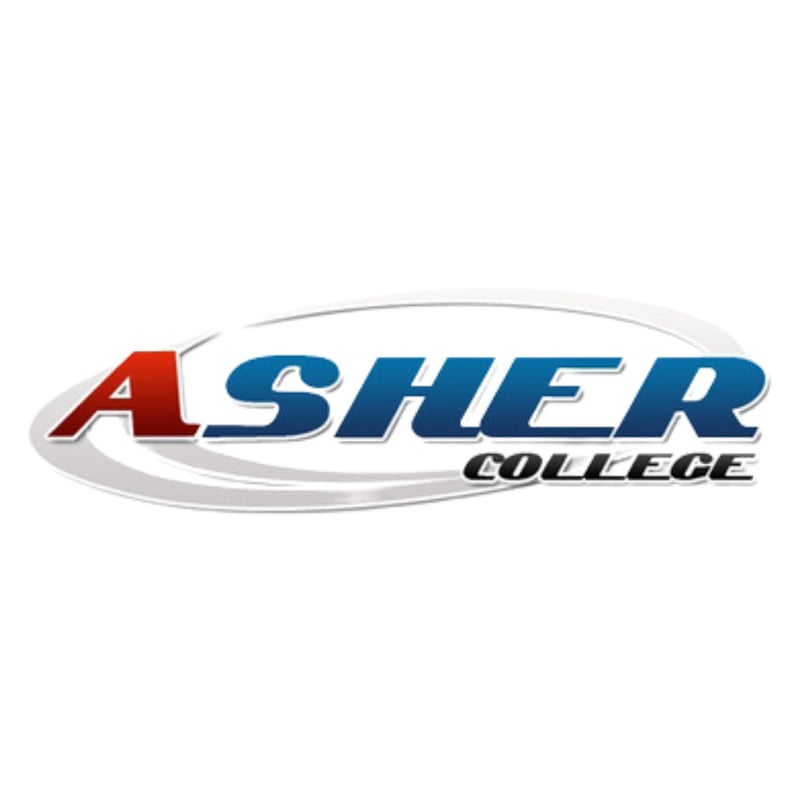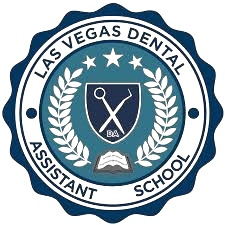
Financial aid (may be available)

Financial aid (may be available)

Financial aid (may be available)

$1,450 to start
$4,250 total
No cost info

Financial aid (may be available)
$4,147 total
$8,046 total
This Registered Respiratory Therapy program is 100% online and is designed as a nontraditional track for individuals who have completed an associate's degree in respiratory care and have already earned the Registered Respiratory Therapist (RRT) credential granted by the National Board for Respiratory Care. Our courses are taught by full-time faculty who are Registered Respiratory Therapists with advanced degrees and extensive clinical training and experience.
No cost info
The University of Cincinnati's online Bachelor of Science in Respiratory Therapy program is designed to improve real-world clinical competence while preparing active respiratory therapy professionals for a lasting future in the healthcare industry. The robust and engaging curriculum challenges students, promoting a deeper understanding of advanced healthcare operations, logistics, technology, leadership, ethics, and project management. Delivered by the industry-experienced faculty in the UC College of Allied Health Sciences, the online program advances respiratory therapy practice and research by focusing on current and future industry standards. The end result is a clinician who can make significant contributions to the field while positively affecting the future of respiratory care for a diverse range of patients. Build on your experience, define your practice, and prepare for the future. Develop the expertise needed for advanced practice and leadership opportunities. Interact and network with an industry experienced faculty and healthcare professionals. Earn a bachelor of science in respiratory therapy in as few as 20 months (5 semesters). Continue working while your learn with flexible, 100 percent online classes.
No cost info
A bachelor’s degree in respiratory therapy from MU will help you provide the hands-on care that assists in recovery and management of a wide range of medical conditions. If you hold the NBRC RRT credential or the Canadian equivalent, this may be the degree for you.
No cost info
Working primarily in hospital settings, respiratory therapists are responsible for an extremely wide range of patients. From the smallest infants to the elderly, from long-term disease to emergencies, respiratory therapists must be prepared for everything. Our program will give you access to expert instruction and the cutting-edge skills you need to advance your career.
This is a degree completion program. Students must have earned an associate degree in respiratory care, hold your RRT from the National Board of Respiratory Care (NBRC), and currently licensed to practice to be eligible for admission.
No cost info
Respiratory Therapy careers are projected to grow 23% by 2026, and because East Tennessee State University allows more transfer credits than most universities, an online B.S. in Respiratory Therapy from ETSU can save you valuable time and tuition dollars while helping you move forward faster.
The Respiratory Therapy (Cardiopulmonary Science) Completion Program at ETSU is an accredited, online program dedicated to providing advanced instruction emphasizing best practices in clinical respiratory therapy based on scientific inquiry.
No cost info
No cost info
Are you looking for the perfect career in the health industry but not exactly sure where to start? Becoming a respiratory therapist might be the ideal path for you. Dreambound is here to guide you in finding the best vocational training program that suits your needs. In this blog post, we will discuss what a respiratory therapist is, the training requirements, what to look for in a class, what to expect from the day-to-day class, the certification process, how to find related jobs, and what other classes you can take after becoming a respiratory therapist.

A respiratory therapist is a specialized healthcare practitioner trained in pulmonary medicine. They play a crucial role in the diagnosis, treatment, and management of patients with respiratory difficulties or cardiopulmonary disorders. From infants with underdeveloped lungs to adults suffering from chronic respiratory diseases, respiratory therapists are equipped with the skills and knowledge to provide them with the best care possible.
Becoming a respiratory therapist requires specific training and education. Here are the general steps to becoming a respiratory therapist:
Obtain a high school diploma or GED
Enroll in and complete a respiratory therapy program from an accredited school
Pass a national certification exam
Obtain state licensure
In addition to these, you will also need to develop certain skills such as critical thinking, attention to detail, compassion, and excellent communication skills.
Choosing the right respiratory therapy class is crucial. Here are a few things to consider:
Accreditation: Ensure the program is accredited by the Commission on Accreditation for Respiratory Care (CoARC).
Course Curriculum: Check if the curriculum covers essential topics like anatomy, physiology, pharmacology, and respiratory care protocols.
Clinical Practice: Look for programs that offer hands-on clinical experience.
Graduation Rate and Job Placement Rate: These rates can give you an idea about the effectiveness of the program.
Attending a respiratory therapist class involves a mix of classroom learning, laboratory work, and clinical practice. Here are what typical activities look like:
Classroom Learning: Courses may cover subjects such as anatomy and physiology, microbiology, and respiratory care techniques.
Laboratory Work: Youll get to practice respiratory care procedures using clinical equipment and simulators.
Clinical Practice: You'll gain hands-on experience in real-world clinical settings, under the supervision of experienced professionals.
After completing your respiratory therapy program, you'll need to pass a national certification exam administered by the National Board for Respiratory Care (NBRC). Upon passing the exam, you will earn your credential as a Certified Respiratory Therapist (CRT). To further advance in your career, you might also consider obtaining a Registered Respiratory Therapist (RRT) credential.
Once you've obtained your certification, you can start looking for jobs in various healthcare settings. These may include hospitals, nursing homes, rehabilitation centers, and home health agencies. You can also network with professionals in the field, attend healthcare job fairs, or use job search platforms to find job opportunities.
Once you're a certified respiratory therapist, there are various specialist courses you could pursue to further your career. Some of these include:
Neonatal/Pediatric Specialist: This course will equip you with the skills to work with newborns and children.
Critical Care Transport: This course focuses on the unique skills needed for transporting critical care patients.
Pulmonary Rehabilitation: This course helps you assist patients in improving their breathing and overall health.
Being a respiratory therapist opens up a wealth of opportunities for career advancement. With additional training and experience, you could move into roles such as:
Respiratory Therapy Educator: Share your knowledge and train aspiring respiratory therapists.
Respiratory Therapy Manager: Manage a team of respiratory therapists and oversee department operations.
Pulmonary Function Technologist: Specialize in diagnosing and monitoring lung diseases.
The field of respiratory therapy is continuously evolving, with new techniques, technologies, and treatments emerging all the time. To stay at the forefront of your profession, it's essential to engage in continuous learning and professional development.
Becoming a respiratory therapist is a rewarding career choice that offers a multitude of opportunities for growth and specialization. Whether you're just starting your journey or looking to advance your career, Dreambound is here to help you find the perfect class near you in Las Vegas. Take the first step towards your rewarding career in respiratory therapy today.
With Dreambound, find comprehensive guides that make starting in this field easier, each suited to a specific city. If you've planned a move or are doing research for another vocation, our other guides may be able to help.
Thinking about a potential career transition? Dreambound has detailed guides to help you with making informed decisions.
Dreambound's platform allows prospective students to find the right educational program for them through searching, filtering, and connecting with our extensive selection of career & technical education partners.
Dreambound has over 70 programs across healthcare, technology, business, and industrial trades. This includes programs such as Medical Billing, Cybersecurity, and welding.
Some of our schools offer financial aid for those who qualify. Many others offer payment plans, where you can pay the cost of class over time.
Yes, Dreambound offers many online programs. On Dreambound's search, you can filter by online, in-person, and hybrid (part online, part in-person).
Dreambound is completely free for you to use! We are supported by schools and organizations who pay to advertise on our website, so we can offer all of our career resources for free.